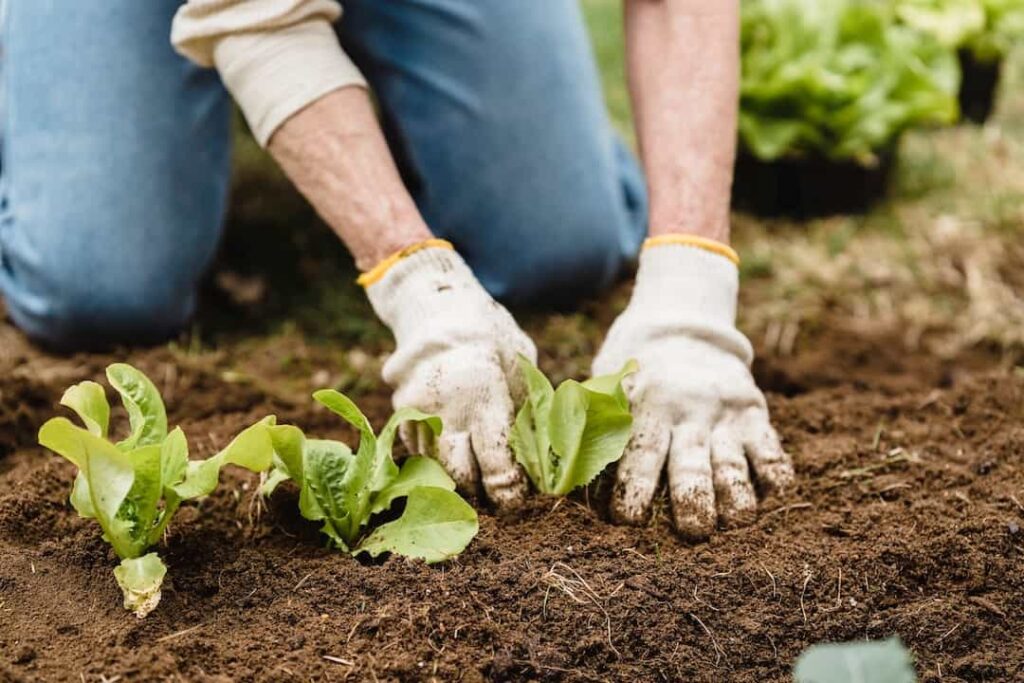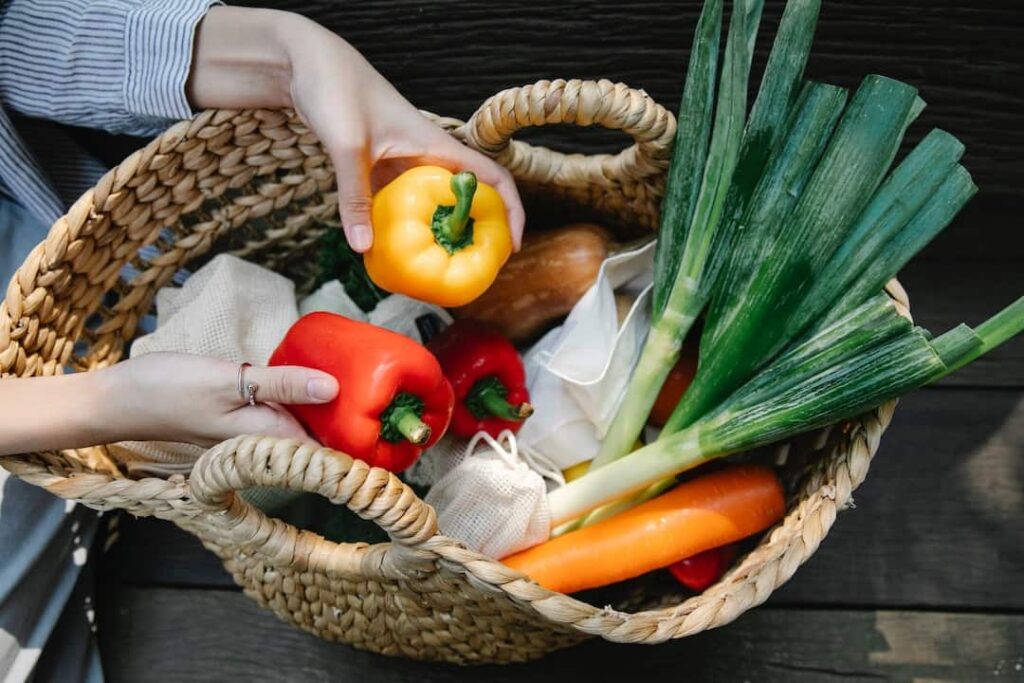Organic food is nothing new. People have been growing organic food since humanity started farming! But when intensive farming techniques started to become more popular, the use of organic farming techniques dwindled. Organic food has definitely increased in the last few years, especially in Sydney. As we’re starting a new year, getting healthy is on most people’s minds. Many who resolve to eat healthy in the new year often try to incorporate organic food into their diet!
Every time I go to the grocery store near me, I see an abundance of food labelled ‘Organic’. It’s easy to see these organic fruits and vegetables sitting in my local supermarket and know it’s probably healthier for me, but what does organic food involve? Where does it come from, and what goes on behind the scenes before it makes its way to our tables?
Organic farming! That’s the key, where all this organic food comes from. That’s obvious, you might say. Of course, we all know organic food logically comes from an organic farm. But how do organic farms work, and what regulations do they have to abide by to ensure that the food I see in the supermarket near me is genuinely organic?
Well, I think that’s enough questions. Time to get answers! This article will share what I discovered in my research into organic farming. Shall we get started?
What Is Organic Farming?

Firstly, let’s find out what organic farming is and how it works. Organic farming is a method of livestock and crop production that does not use chemicals. So for crops, this would mean that organic farmers do not use any pesticides, fertilisers or GMOs (Genetically Modified Organisms) during the growing process. For livestock, this means they are grown and cared for without using growth hormones or antibiotics.
Organic farming should also ensure that it takes care of the local environment, recycling organic waste and being careful with water consumption. But how did organic farming begin?
Way back in history, as far back as even the Ancient Egyptians, organic farming was being practised. In fact, back then, it was just the traditional method of farming! There was no such thing as GMOs or growth hormones. However, over the course of history, advances in science found new ways to make produce grow bigger, better and faster. These ways almost always involve chemicals!
There were many different people who began to research and pioneer traditional and organic methods of growing food. In 1924, a man called Rudolf Steiner gave a lecture that “emphasised the farmer’s role in guiding and balancing the interaction of the animals, plants and soil.” Yes, organic farming was going to make a comeback!
The phrase ‘Organic Farming’ was first used by Lord Northbourne in his book Look To The Land (published in 1940). He also encouraged a natural, more holistic approach to farming based on the work of Steiner.
Fast forward to our modern day, and organic farming is advancing even more! These days, there are so many new organic farming methods and techniques that ensure food is grown naturally, without the need for harmful chemicals and other substances that are not healthy for our bodies.
Organic Farming Regulations

However, not just any farm can claim to be ‘Organic’! They must meet specific regulations first. If they do not meet these requirements, then they cannot label their produce as organic.
Although these regulations may vary slightly depending on which country you live in, the basic principles that govern organic farming remain the same. These four principles are:
Health
This principle ensures that organic farmers do not use any dangerous chemicals during the farming process that might harm the health of their consumers. They also take into consideration the health of the soil and their livestock. Healthier soil means healthier crops. This results in better produce that reduces health risks in humans.
Fairness
This encourages a respectful attitude towards all parties involved in the organic farming process, from the farmers to the suppliers and right down to you as the consumer. Organic farms should always provide good working conditions for their workers. This also involves ensuring proper living conditions for livestock too!
Care
Organic farmers must show a caring attitude when it comes to the consumption of resources and being considerate of future generations. All farming techniques employed by these organic farms should be assessed to ensure that they do not result in negative side effects for the local environment or the well-being of others.
Eco-Friendly
This principle involves using farming techniques that are good for the environment and the local ecosystem. Organic farmers will create a balanced environment, reducing pollution and protecting the soil quality. Organic farmers will also aim to recycle as much waste as they can.
Benefits Of Organic Farming

I could write pages about the benefits of organic farming, but seeing as I have already written a lot, I’ll just summarise the most important ones.
Organic farming can help:
- Protect And Strengthen Local Ecosystems
- Conserve Water
- Promote Better Health
- Reduce Harmful Chemicals
- Help Fight Climate Change
- Encourage Healthy Soil
And much more…
From Farm to Table

So the final part of the journey! How does this fresh and nutritious organic food get to the supermarket near me?
Because organic food is produced without the use of chemical preservatives, it can perish faster than conventional produce. For this reason, a speedy delivery is essential. Many organic farms aim to sell their produce locally, if possible, to ensure the food does not have to travel long distances and stays fresh for when consumers buy it.
When organic food is transported, it is stored away from non-organic products to reduce any risk of contamination. The equipment used should also be employed solely for organic produce.
A refrigerated van can be used to ensure that the produce stays fresh all the way from the farm to your table, ready for you to enjoy!
So… now you know so much about organic farming, why not pop out to the grocery store near you and try it for yourself?

1 thought on “Introduction to Organic Farming in Detail”